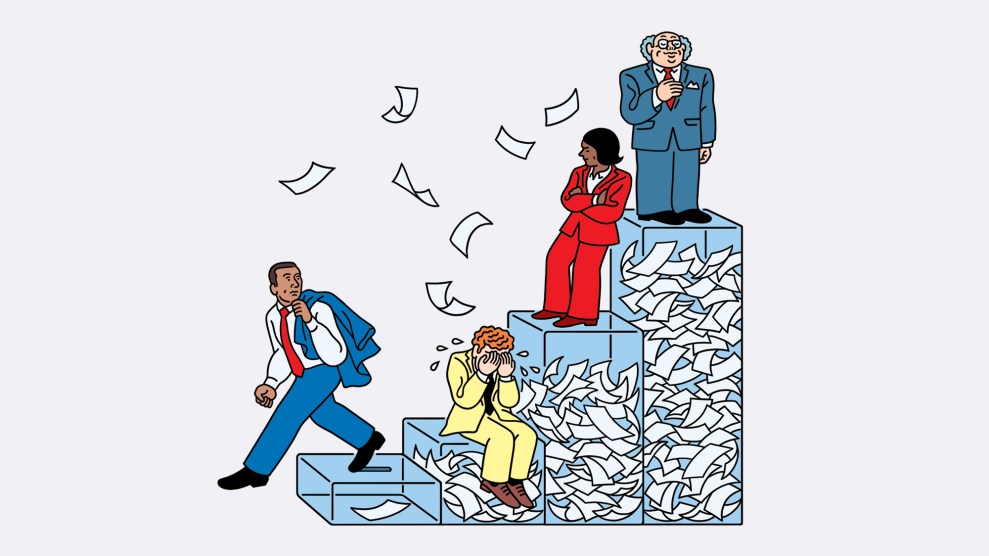There’s something about our ongoing national nightmare that has me fixated on the X-Men—and no, not just because they literally fight a giant blue dude named Apocalypse. I’ve long been a devoted comics fan, and Marvel’s mutant superheroes have always been my favorite team. But the books’ central political metaphor—a ’60s era morality play that casts the X-Men as the rebel avatars of mutantkind, a marginalized offshoot of humanity—had grown stale. Where once there had been millions of mutants with their own defined culture and customs, Marvel in the early 2000s trimmed their number down to fewer than 200. As one X-Men podcaster joked, “That’s a lecture hall. That’s not a subculture.” Sales were falling and the books’ longtime fans had mostly moved on. Then, last year, Marvel changed everything. Under a new branding initiative called Dawn of X, mutants shunted off to an island in the Pacific, formed their own country, and were left to grapple with the mechanics of nation building.
The stories were enthralling. Comics reviewers and online fandom, responding to the hype of a new era, began to build a critical community that mirrored the chosen family seen on the page. A new wave of writers has convincingly made the case for a modern “mutant metaphor” that encompasses disability activism, queer subcultures, and, yes, resistance to the Trump administration. Given that a major X-Men villain is a deranged narcissist who’s obsessed with cable TV, it’s not actually much of a stretch!
Sites like Xavier Files and Women Write About Comics treat the comics with near-scholarly precision, searching for allusions to history, politics, and religion. It’s a kind of fandom that has become more prevalent online, but can often be drowned out by a few hateful bigots. No community is perfect, but what gives me hope about this one is its capacity for decency. Jay & Miles X-Plain the X-Men, a wildly popular podcast among diehards, has set the standard for this kind of responsible fandom, where our fictional obsessions are never made to be more important than real-world injustice. Co-host Jay Edidin told the Daily Beast last year that he’s only had to delete “under 20 comments in four years.” If superhero fans can be made to behave, maybe there is hope for the rest of us after all. —Dan Spinelli
















